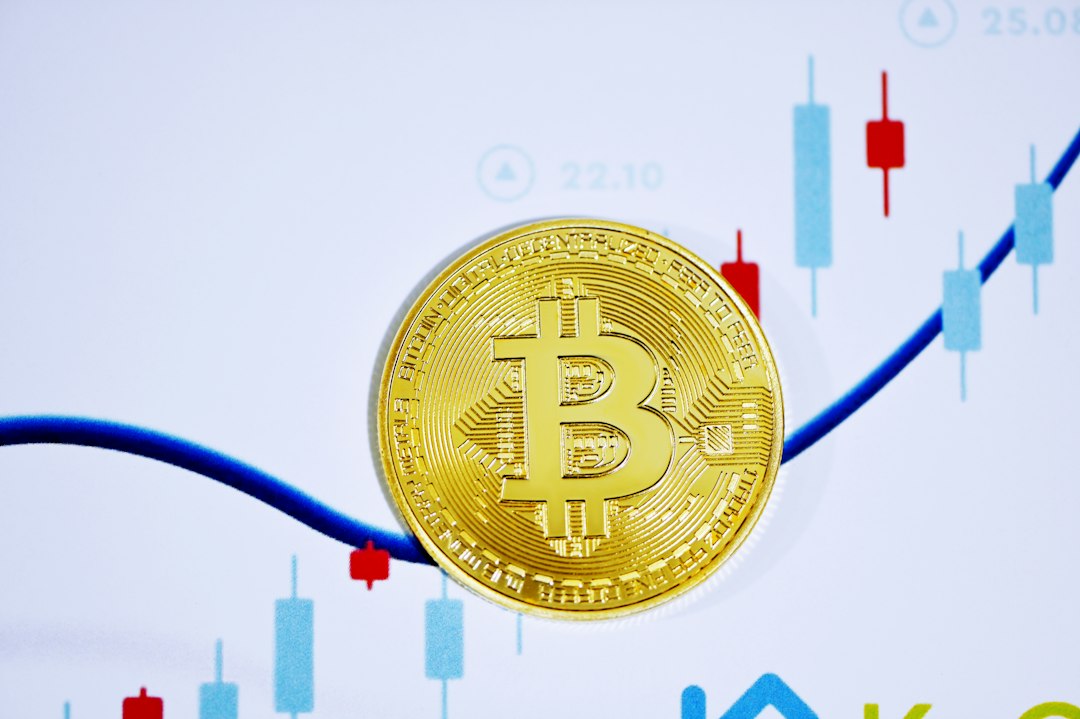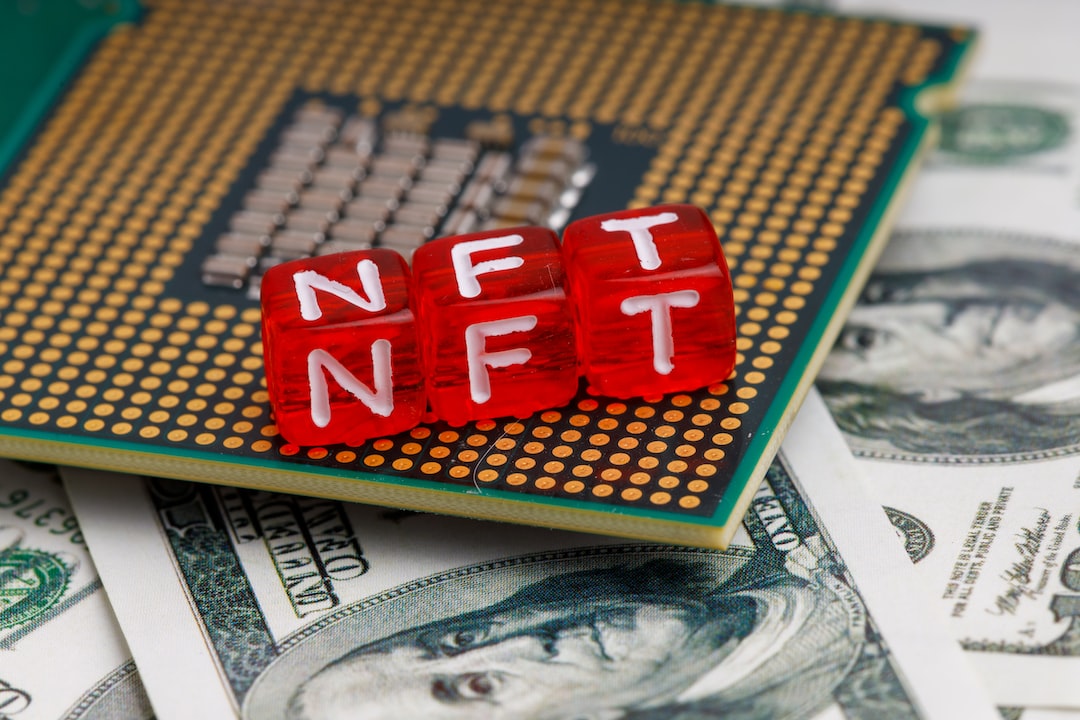What is Bitcoin?
Bitcoin, also known as BTC, is a decentralized digital currency created in 2009 by an unknown individual or group using the pseudonym Satoshi Nakamoto. It was developed as an alternative form of money that operates independently of governments and financial institutions. Bitcoin utilizes blockchain technology, a distributed digital ledger that records and verifies all transactions on the network. This transparency ensures the integrity of the system and prevents fraud.
Bitcoins are generated through a process called mining, where powerful computers solve complex mathematical problems to validate transactions. Miners are rewarded with new bitcoins for their efforts, which incentivizes participation and protects the network from attacks. Bitcoins are stored in digital wallets and can be sent from one wallet to another pseudonymously.
While Bitcoin offers many advantages, such as decentralization and transparency, it also has challenges like volatility and potential use in illegal activities.
How does Bitcoin work?
Bitcoin operates on a peer-to-peer network, meaning transactions occur directly between users without intermediaries. The network verifies transactions through cryptography and records them on a public ledger called the blockchain. Miners add new transaction data to the blockchain and are rewarded with new bitcoins for their work.
Bitcoin uses public and private keys for security. The public key acts as a wallet address for receiving bitcoins, while the private key grants access to send bitcoins from the wallet. It’s crucial to keep the private key secure to prevent unauthorized access.
How do you mine Bitcoin?
Mining Bitcoin involves solving complex mathematical problems using powerful computers. Miners secure transactions by adding them to blocks on the blockchain. The first miner to solve a problem receives a reward in the form of new bitcoins. However, mining requires significant computational power and energy consumption.
The Bitcoin code provides additional rewards to miners, but these rewards are halved approximately every four years. By 2140, all bitcoins are expected to be in circulation, and miners will rely on transaction fees for profit.
What is a Bitcoin wallet?
A Bitcoin wallet is a digital storage system that holds your private keys for accessing and signing transactions. It doesn’t store actual bitcoins but provides the necessary tools to manage them. There are various types of wallets, including mobile, web, desktop, hardware, and paper wallets. Each offers different levels of convenience and security.
Using a Bitcoin wallet is similar to using a traditional wallet. You can send and receive bitcoins by entering the recipient’s public key and signing the transaction with your private key. The transaction is then recorded on the blockchain.
Hot Take: Bitcoin’s Impact on Finance
Bitcoin has revolutionized the world of finance by introducing a decentralized currency that operates independently of traditional institutions. Its use of blockchain technology ensures transparency and security in transactions. While Bitcoin faces challenges such as volatility and regulatory concerns, its potential to disrupt the financial system cannot be ignored.
As more people adopt Bitcoin and cryptocurrencies gain mainstream acceptance, it will be interesting to see how governments and financial institutions respond. The future of finance may be shaped by the innovations and opportunities brought forth by Bitcoin.





 By
By
 By
By
 By
By

 By
By